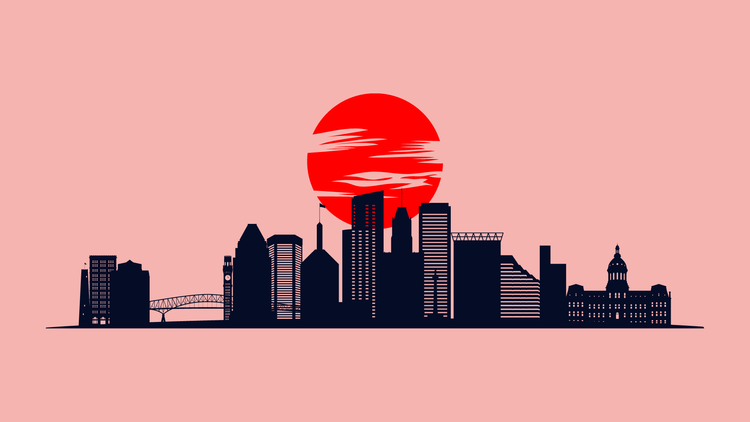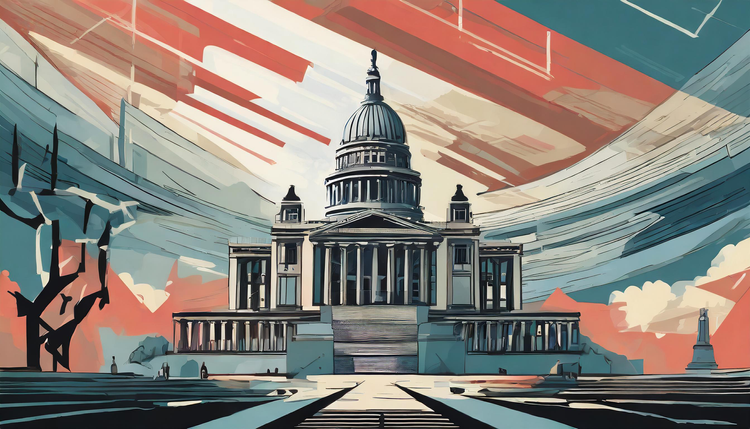The Balance of Power in Business
In 1956, Henry Kissinger described the Congress of Vienna as:
“the last great successful effort to settle international disputes by means of a diplomatic conference.”
The Napoleonic Wars, fought over decades, destroyed Europe.
In search of peace and stability, the continent’s major powers met at the Congress of Vienna to establish a balance of power. No single power would be strong enough for collective action.
Balance of Power is a key concept in global affairs and nature — and also in the innovation economy.
In fact, the imbalance of power is the driving force behind many of the most valuable companies today, including Uber and Airbnb.
Before Uber, transportation power, in cities like New York, was heavily concentrated in the taxi industry. This resulted in rides that were expensive, unreliable, and an overall poor consumer choice.
Uber fought that concentrated imbalance. For the first time, consumers could choose between a taxi and an uber. The rise of alternatives resulted in more options, lower prices, and better experiences.
Before Airbnb, hotels monopolized the multi-billion dollar accommodation industry. This imbalance of power created incredible challenges — price, location, ease of use — for consumers.
Airbnb offered consumers better options that scaled. Think about a market that compares the number of hotels to the number of homes that could be used for temporary accommodations.
To innovate, seek out concentrated, out-of-balance markets. Initial entry will be hard — monopolies love their position — but nature is on your side.





